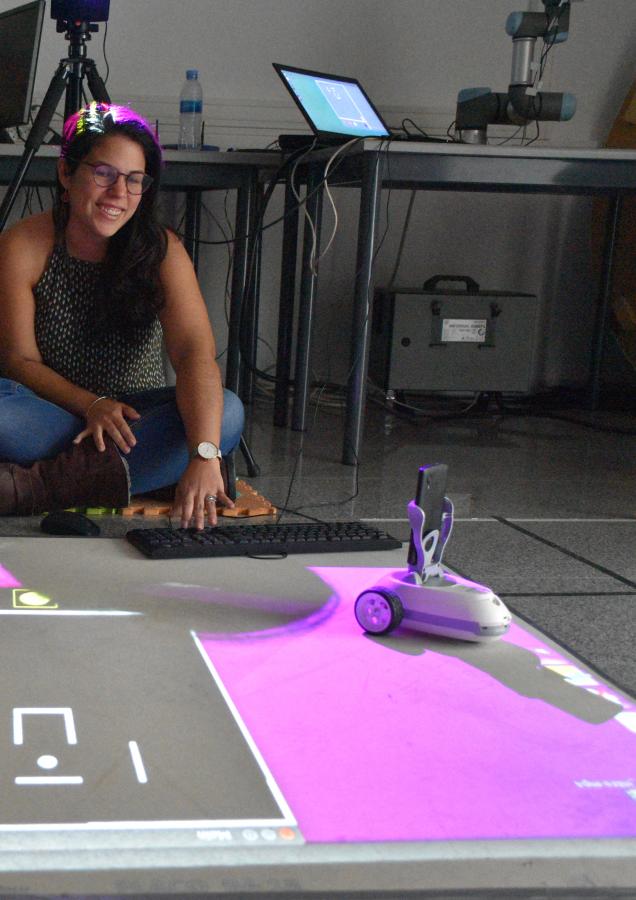On the Relationship between People, Objects, & Interactive Technologies: Transforming Digital & Physical experiences through the process of Realizing Empathy

How people engage with their surroundings, whether physical or digital, becomes increasingly complex and rapid, making the user’s relationship with their objects and digital tools, at times, extreme and short-lived. Yet, there is still meaning in ownership of objects and interactive technological objects, they are tokens of reflection and representation to others and their role in society. The key to sustaining a relationship and sense of meaning with these objects lies in the design and intention of the interactive experience created. Inspired by disciplines of psychology, design, Human-computer interaction, and business modeling, this thesis explored, analyzed, created, and tested theoretical foundations on Empathy and the concept of initiating a long-term relationship between people and their interactive technologies.
To that end, the thesis book was managed in 4 main stages: (1) presenting a deeper dive into bibliographic references within HCI and the role of both design and psychology in the attempt to tackle questions like: “How can we build long-term relationships between people and their smart objects?” (2) Collect and adopt from related works that helped build the main contributions of the thesis book, (3) Create an interaction model between humans and their technology that lent itself for potential long-term engagement, and (4) a case study that implemented and instantiated the model designed.
After mapping the HCI bibliographical works in the first phase, a gap was revealed indicative of the main concerns expressed: a lack of connection between theory and design practice as well as a lack in the topic of Empathy. The result makes many of the models of interaction with empathetic and affective intention unsupported between each other. This has led us to the second phase of the thesis where we leveraged references across multiple disciplines to survey what empathy is, how it is implemented, perceived and evolved toward the goal of long-term relationship, as a focal point toward the main thesis contributions.
After an exhaustive gathering and analysis of the work around Empathy, we entered the third phase where we present the proposed theoretical model of interaction with the potential for long-term engagement named the Process of Realizing Empathy (RE). Rather than attempting to further define empathy, this proposal is about offering a different perspective to empathy that visualizes its scope as a process influenced by dialogue and collaborative models with the goal to reach meaning between the actors involved.
With a clear model in place and a strong theoretical foundation, the final phase of the thesis looked to test the proposed model with the goal of observing if the model can provoke its indicators of Affective Attachment and Trust between a person and their technological object. In the case of this thesis work, we had the opportunity to work with social robots as our “other actor” to design the tests for the model. This testbed meant to capture the indicators of early empathy realization between a human and a robot encompassing affective attachment, trust, expectation regulation, and reflecting on the other’s perspective within a set of collaborative strategies. We hypothesized that an active collaboration strategy is conducive to a more meaningful and purposeful engagement of realizing empathy between a human and a robot compared to a passive one. The results are encouraging and clearly establish a path for further research on this model’s design.
Keywords:
Human-Computer Interactions, Interaction Design, Human-Robot interaction, Social Robots, Empathy, Realizing Empathy process, Human-Technology Relationship, Human-Centered Computing, Mapping Theories, Interaction Design Theory, Human-Robotic collaboration, Human-Robot argumentative dialogue, Human-Computer Dialogue.